xvi | entj-t | slytherclawen | sp | fr | zh | ru | arstudyblr | langblr
Don't wanna be here? Send us removal request.
Text
Found out tonight two friends of mine thought antibiotic resistance was your body developing resistance to the antibiotic and it became even more clear to me why they were COVID skeptics.
We have a serious problem with science illiteracy in this country.
1K notes
·
View notes
Photo
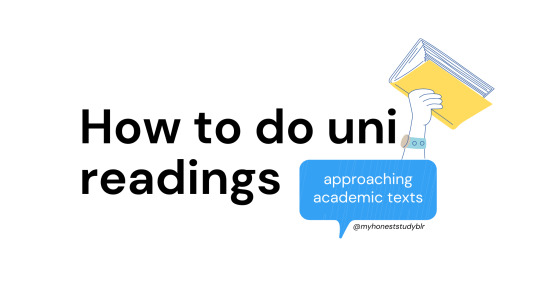
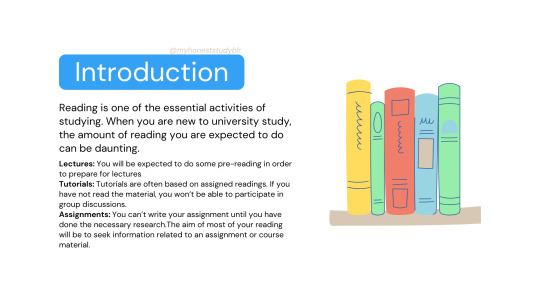
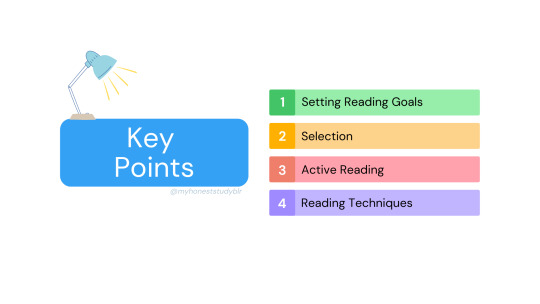
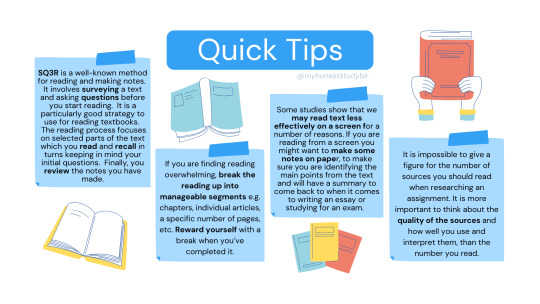

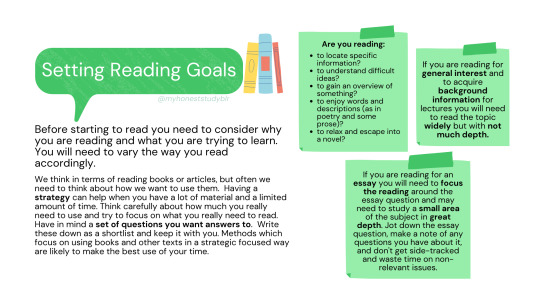
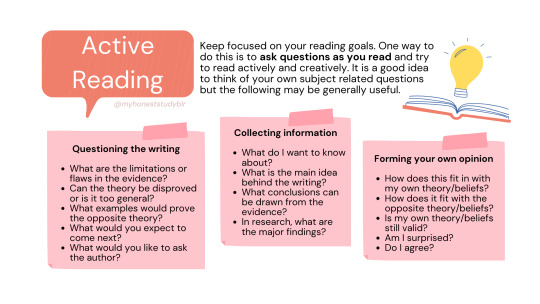
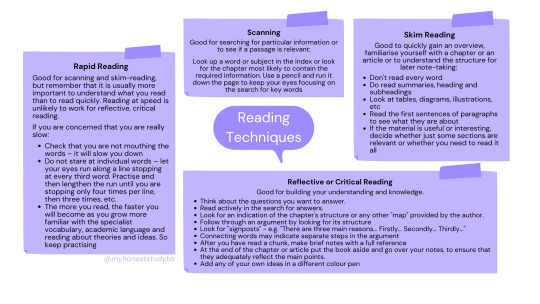
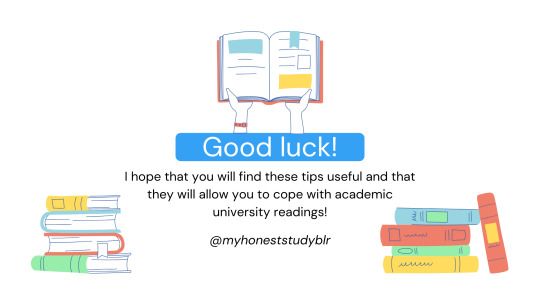
my masterpost | my studygram | ask me anything
[click images for high quality]
Other advice posts that may be of interest:
How To Stop Procrastinating
How To Study When You Really Don’t Want To
Active Revision Techniques
7K notes
·
View notes
Photo

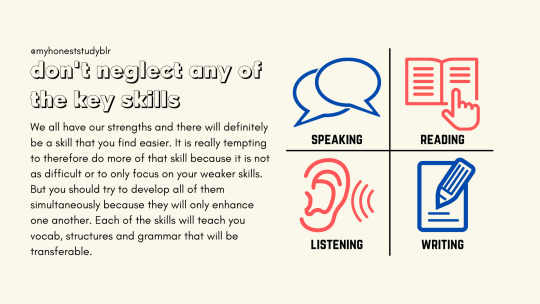
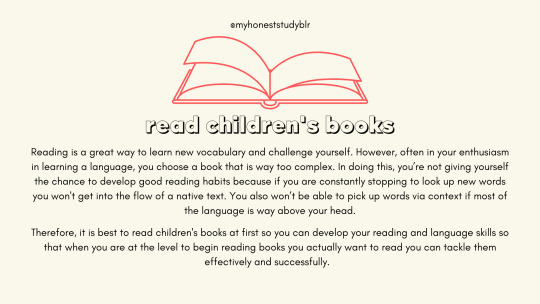


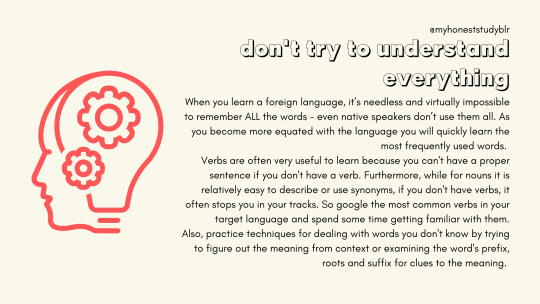
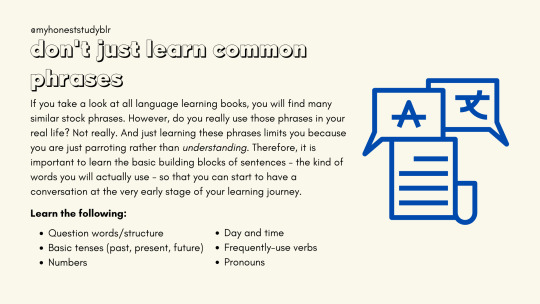
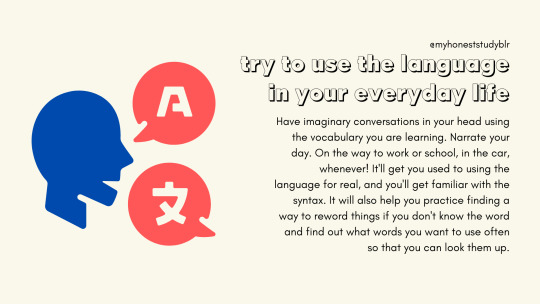


my masterpost | my studygram | ask me anything
[click images for high quality]
[transcript under the cut]
Other advice posts that may be of interest:
How To Study When You Really Don’t Want To
How To Do Uni Readings
Active Revision Tips
Keep reading
8K notes
·
View notes
Photo
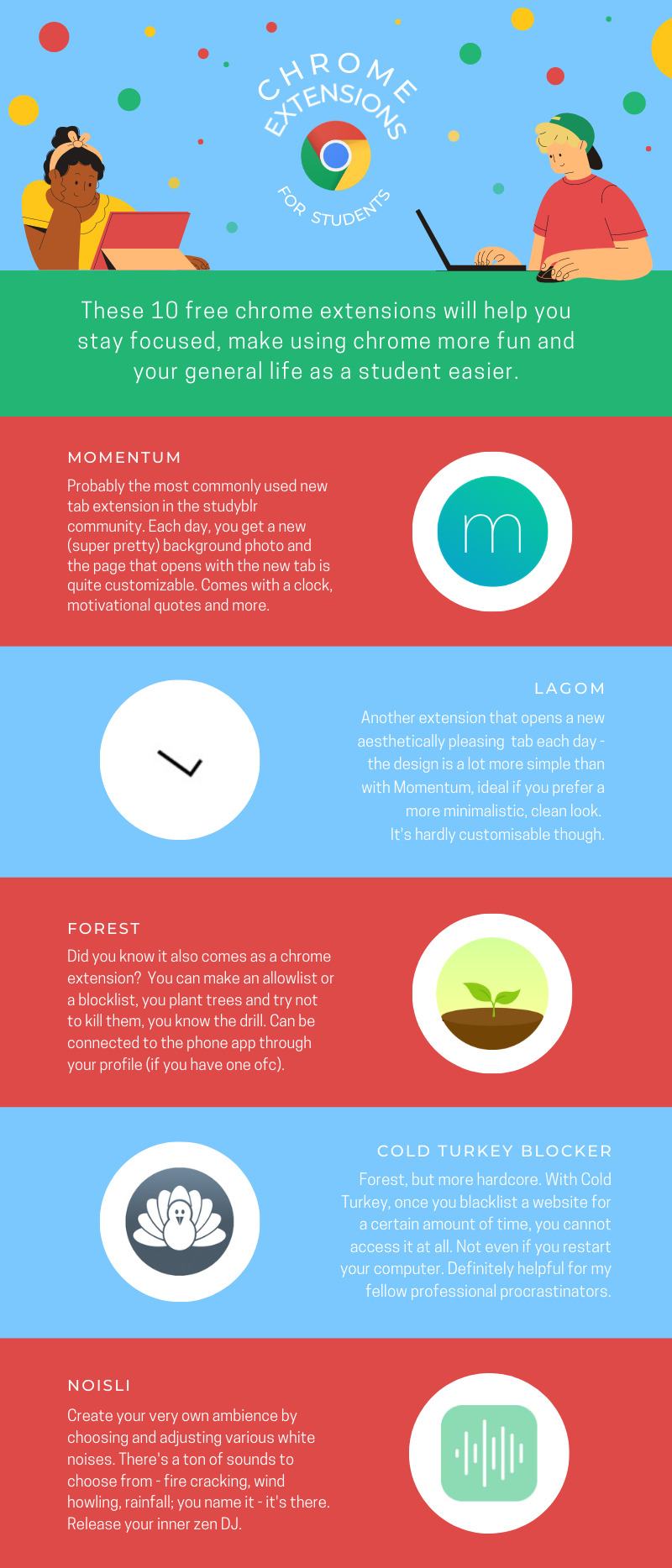
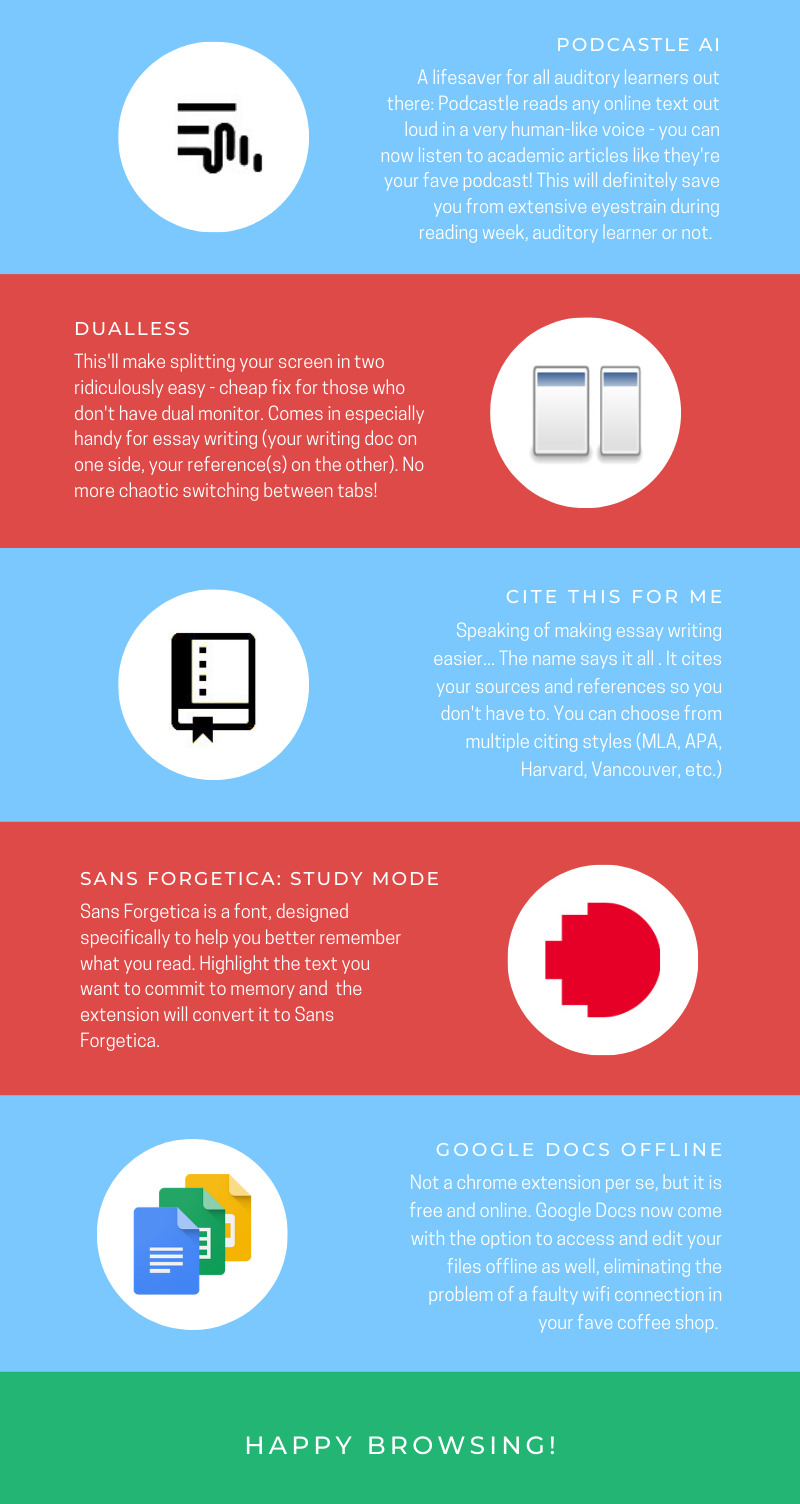
*click for better pic quality* My other masterposts: study sounds⎪dealing with failure
6K notes
·
View notes
Photo
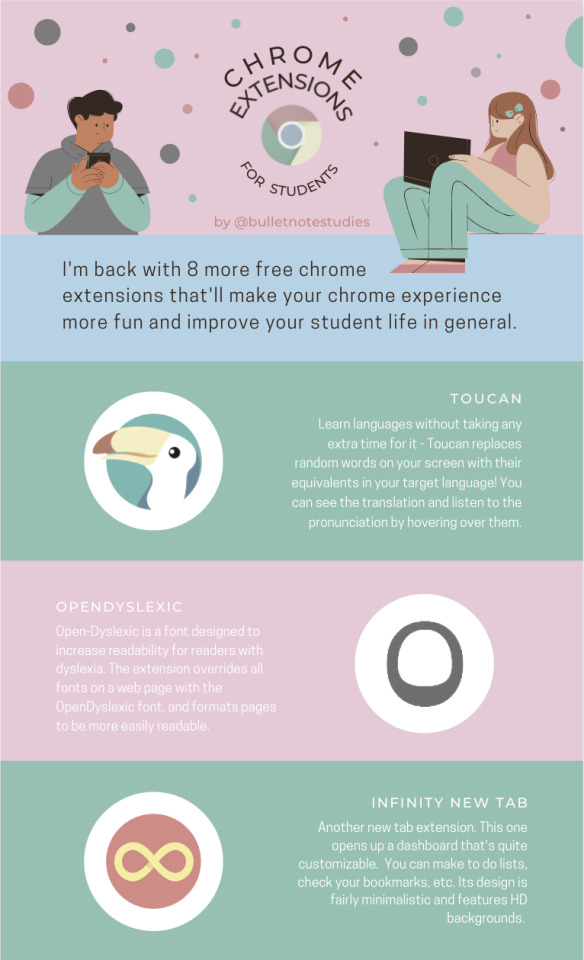
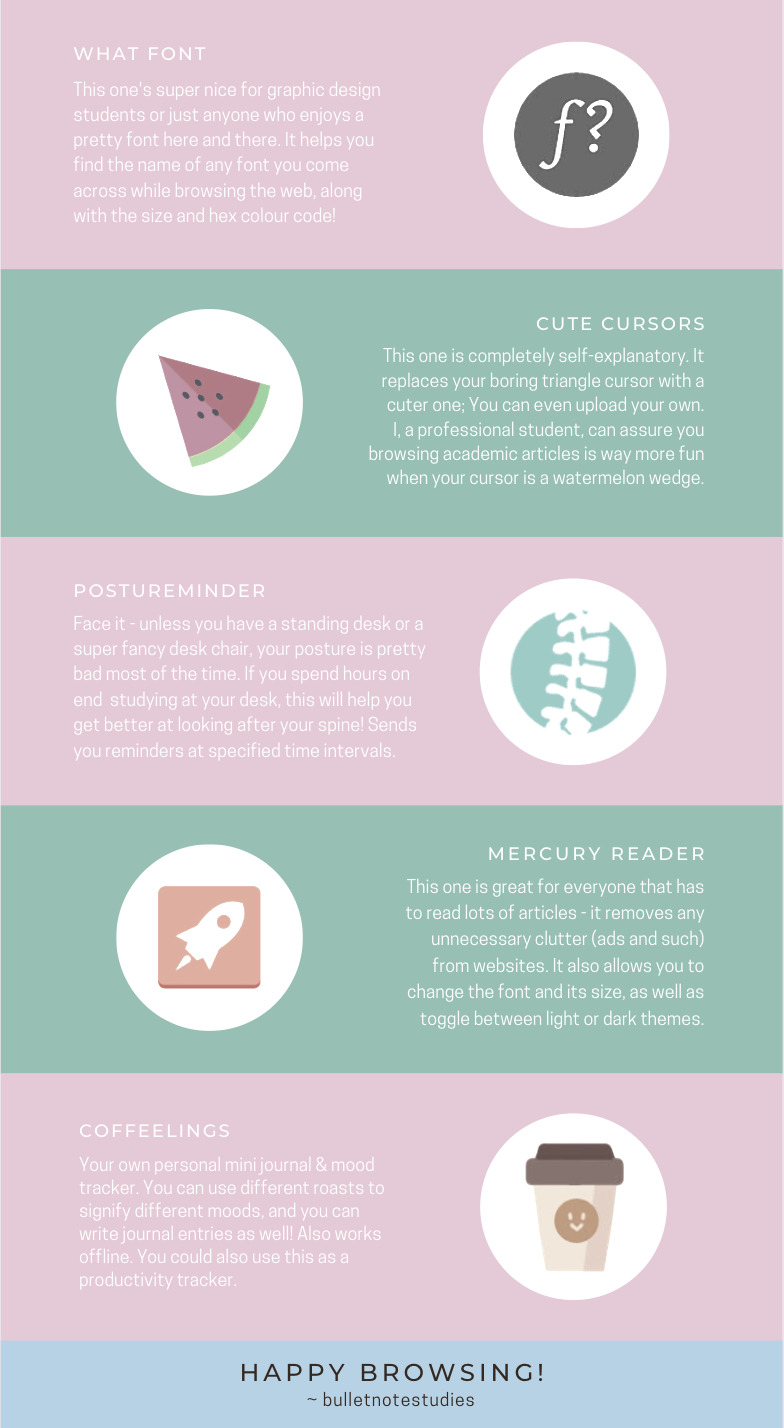
*click for better quality*
My other masterposts: • extensions pt.1 • study sounds • dealing with failure • how to gain traction • how to study when you’re struggling
11K notes
·
View notes
Text
general language learning resources
dictionaries:
wordreference - has spanish, french, italian, portuguese, catalan, german, swedish, dutch, russian, polish, romanian, czech, greek, turkish, chinese, japanese, korean, & arabic
reverso translation - has arabic, chinese, dutch, french, german, hebrew, italian, japanese, polish, portuguese, romanian, russian, spanish & turkish
bab.la - has spanish, arabic, chinese, czech, danish, dutch, finnish, french, german, greek, hindi, hungarian, indonesian, italian, japanese, korean, norwegian, polish, portuguese, romanian, russian, swedish, swahili, thai, turkish, vietnamese, & esperanto
digital dictionaries of south asia - has dictionaries for assamese, baluchi, bengali, divehi, hindi, kashmiri, khowar, lushai, malayalam, marathi, nepali, oriya, pali, panjabi, pashto, persian, prakrit, rajasthani, sanskrit, sindhi, sinhala, tamil, telugu & urdu
resources for learning words in context:
reverso context - has arabic, chinese (in beta), dutch, french, german, hebrew, italian, japanese, polish, portuguese, romanian, russian, spanish & turkish (in beta)
linguee - has german, spanish, portuguese, french, italian, russian, japanese, chinese, polish, dutch, swedish, danish, finnish, greek, czech, romanian, hungarian, slovak, bulgarian, slovene, lithuanian, latvian, maltese, & estonian
for learning different writing systems
omniglot - an encyclopedia with literally any language you could think of including ancient languages
scripts - an app for learning other writing systems with a limited amount for free (you can do 5 minutes a day for free) - has the ASL alphabet, Russian cyrillic, devanagari, Japanese kana, Chinese hanzi, & Korean hangul
Wikipedia is also helpful for learning different writing systems honestly!
pronunciation
forvo - a pronunciation dictionary with MANY languages (literally an underrated resource i use it all the time)
a really helpful video by luca lampariello with tips on how to get better pronunciation in any language
ipachart.com - an interactive chart with almost every sound!! literally such an amazing resource for learning the IPA (however does not include tones)
another interactive IPA chart (this one does have tones)
language tutoring
italki - there’s many websites for language tutoring but i think italki has the most languages (i have a referral link & if you use it we can both get $10 toward tutoring lol) - they say they support 130 languages!
there’s also preply and verbling which are also good but there aren’t as many options for languages - preply has 27 and verbling has 43
(obviously these are not free but if you have the money i think tutoring is a great way to learn a language!)
getting corrections/input from native speakers
hellotalk - an app for language exchanges with native speakers & they also have functions where you can put up a piece of writing and ask for corrections - honestly this app is great
tandem - language exchange app but unlike hellotalk you can choose multiple languages (although i think hellotalk is a little bit better)
LangCorrect - supports 170 languages!
HiNative - supports 113 languages!
Lang-8 - supports 90 languages!
verb conjugation
verbix - supports a ton of languages
Reverso conjugation - only has english, french, spanish, german, italian, portuguese, hebrew russian, arabic, & japanese
apps
duolingo - obviously everybody knows about duolingo but i’m still going to put it here - i will say i think duolingo is a lot more useful for languages that use the latin alphabet than languages with another writing system however they do have a lot of languages and add more all the time - currently they have 19 languages but you can see what languages they’re going to add on the incubator
memrise - great for vocab! personally i prefer the app to the desktop website
drops - you can only do 5 minutes a day for free but i still recommend it because it’s fun and has 42 languages!
LingoDeer - specifically geared towards asian languages - includes korean, japanese, chinese & vietnamese (as well as spanish, french, german, portuguese and russian), however only a limited amount is available for free
busuu - has arabic, chinese, french, german, italian, japanese, polish, portuguese, spanish, russian, spanish, & turkish,
Mondly - has 33 languages including spanish, french, german, italian, russian, japanese, korean, chinese, turkish, arabic, persian, hebrew, portuguese (both brazilian & european), catalan, latin, dutch, swedish, norwegian, danish, finnish, latvian, lithuanian, greek, romanian, afrikaans, croatian, polish, bulgarian, czech, slovak, hungarian, ukrainian, vietnamese, hindi, bengali, urdu, indonesian, tagalog & thai
misc
a video by the polyglot Lýdia Machová about how different polyglots learn languages - this video is great especially if you don’t know where to start in terms of self study
LangFocus - a youtube channel of this guy who talks about different languages which is always a good place to start to understand how a specific language works also his videos are fun
Polyglot: How I Learn Languages by Kató Lomb - this book is great and available online completely for free!
Fluent Forever by Gabriel Wyner (on pdfdrive) - another great book about language learning
Anki - a flashcard app (free on desktop for any system & free on android mobile - not free on ios mobile) that specifically uses spaced repetition to help you learn vocabulary, it’s got a slightly ugly design but it’s beloved by many language learners & is honestly so helpful
YouTube - literally utilize youtube it is so good.
Easy Languages - a youtube channel with several languages (basically they go around asking people on the street stuff so the language in the videos is really natural) & they also have breakaway channels for german, french, spanish, polish, italian, greek, turkish, russian, catalan & english
there’s also the LanguagePod101 youtube channels (e.g. FrenchPod101, JapanesePod101, HebrewPod101) which are super great for listening practice & language lessons as well as learning writing systems!
5K notes
·
View notes
Text

12.23.20 | spreadsheet ~ I did IG stories about how I keep track of my finances with excel spreadsheet, but I realized I don’t know much about financial literacy. as a med student who still have a long journey ahead of me, and as someone who is handling a large sum amount of money as time goes by, it would be wise to know about financial literacy (how to spend your money wisely). here are some tips on how I had been able to save up around 10k (I know it’s not much to some, but it is for me) in just 2 months!!!
📌 I keep track of ALL my expenses. I’m not even kidding. I started this in college on a notebook, then transferred to excel sheets because it’s easier and very flexible. it has helped me a lot because if I went beyond my budget in this month, I’ll do the best I can to lessen my expenses in that category in the next month! for example, in july or aug, my food expenses amounted to 10k! so I made sure that the next month, I’d only spend on food not more than 5k. it worked!
📌 I opened a separate bank account!!! if I used my main bank account for savings, I know for sure that I’ll just spend it eventually so having another bank account helped me stick to my savings. I also keep a separate excel spreadsheet to track my savings.
📌 seriously, alot a certain budget on personal expenses so you won’t go overboard when shopee is on SALE. 😂 alot 1k or 2k every month or quarterly on it, then another 3k for your clothings but try to follow that budget. you’ll be able to save up.
do you keep track of your expenses? do you do budgeting? have you ever thought of mutual funds or engaging yourself in financial literacy? if not, maybe it’s time to dabble on it, when we are still young. 😉
68 notes
·
View notes
Text
What should you be reading to maximize your language learning?

It’s easy to get overwhelmed by the sheer amount of literature we can learn from. Baby books bore you, but you’re not ready for any type of novel, so what’s left?
Here are some tips
For beginner/A1/A2 learners
Watch a YouTube video in your target language, then read the comments
you’ll already have vocabulary from watching the video, most of the comments will probably use that vocab
it’s a short enough text that you won’t get fatigued
the only downside is that sometimes people utilize abbreviations and slang terms, but even these are good to know
Read news headlines and if you find one you understand almost fully, try to read the full article
sometimes the vocabulary used is not common in everyday usage, but it’s a total win for an A1 learner to fully read and mostly understand any text
while vocab is not used everyday, it will give you the ammunition to talk about that particular topic
Watch Netflix in target language with subtitles in the same language
believe it or not, you will learn to read better, especially because you don’t have to understand written description of visuals (usually uses very niche vocab) or emotion
and now you can slow down or speed up
I watched DARK in German before I felt like I could read a book, and I understood 85% of it. This is because I looked up some vocabulary in the first episodes and they continued to use it throughout the show so it really cemented in my head to the point where I don’t even think about it. Now, I had to rewatch some conversations the characters had, but that’s much better for understanding than switching it to English or looking up full phrases and sentences.
For intermediate/B1/B2 learners
read fanfiction
it’s ALWAYS good to read about something you’re interested in so if you like any major movies, books, television, this is the perfect option for you
most people use relatively basic language and you can choose the length
find a comic book or graphic novel
like watching tv, that visual aid really helps with understanding of the plot without all those tricky descriptions
read a book in your target language that you’ve read and loved in your native language
this is by far my favorite way
you don’t have to worry about trying to understanding the bigger picture because you already know what’s happening/what will happen, you really have to discover the meaning of each sentence and then you begin to picture the scene using only your target language
Check out my other post for methods of how to get the most out of reading !
8K notes
·
View notes
Text
Academic Writing Resources
General:
The Five-Paragraph Essay
Using Punctuation Marks
Deadly Sins Checklist
Formatting Your Paper
Writing About Literature
Basic Essay
Revision Checklist
Planning and Organization
Editing and Proofreading
Latin Terms
Essay Structure
Tips on Introducing Quotes
Academic Writing Tips
Introductions:
Introductory Paragraphs
Introductions
Writing an Introduction
Preparing to Write an Introduction
Introduction Strategies
The Introductory Paragraph
Writing Effective Introductions
In The Beginning
Introductions and Conclusions
The Introductory Paragraph
Writing Introductory Paragraphs
How to Write an Intro
Body Paragraphs:
Paragraph Development and Topic Sentences
Transitions
Transitions
Transitions
Four Components of an Effective Body Paragraph
Writing Paragraphs
Paragraph Development
Body Paragraphs
Body Paragraphs
Strong Body Paragraphs
Body Paragraphs
Writing Body Paragraphs
How to Write Body Paragraphs
Writing the Body
Writing Body Paragraphs
Body Paragraphs
Body Paragraphs that Defend a Thesis
How to Write Body Paragraphs
The Perfect Paragraph
Topic Sentences:
Topic Sentences
Writing Topic Sentences
Topic Sentences
Topic Sentences
The Topic Sentence
Paragraphs and Topic Sentences
The Topic Sentence
Topics, Main Ideas, and Topic Sentences
Writing a Good Topic Sentence
Good Topic Sentences
Conclusions:
Writing Effective Conclusions
Introductions and Conclusions
Conclusion Paragraphs
Conclusion Strategies
Conclusions
Tips for a Strong Conclusion
The Concluding Paragraph
Ending the Essay
Types of Conclusions
Writing a Strong Conclusion
How to Write a Conclusion
Writing Conclusions
Guide to Conclusions
Thesis Statements:
The Thesis Statement
Thesis Statements
Writing a Thesis Statement
Thesis Statement
Tips and Examples
Writing a Thesis
Writing the Thesis
How to Write Your Thesis
The Thesis
Thesis Statements
Guidelines for Writing a Thesis
Thesis Statements
Thesis
Thesis Statements
The Thesis
Create a Strong Thesis
How to Write a Thesis
Developing a Thesis
Guide to Writing Thesis Statements
Thesis Statements
Citing:
When to Cite
APA Documentation
MLA Documentation
Suggestions for Citing Sources
Research and Citation Resources
Citation Information
MLA Guidelines for Citing Poetry
MLA Style for Poetry
How to Format Your Paper
Argumentative Essays:
Argumentative Essays
Argument
Argumentative Essays
Persuasive or Argumentative Essays
Argumentative Essay
Argument/Argumentative
Argumentative Essays
How to Write a Good Argument
How to Write an Argumentative Essay
Writing Conclusions to Argumentative Essays
Argumentative Essay
Persuasive Essay Writing
Writing Concluding Paragraphs
Constructing the Argumentative Essay
Writing About Poetry:
Writing About Poetry
Writing About Poetry
Writing About Poetry Q & A
Poetry Explications
Writing About Poetry
Writing About Poems
Explicating a Poem
Writing About Poetry
Writing a Thesis Paper About a Poem
How to Start a Poetry Introduction
Poetry Essay Structure
Poetry Explication
Expository Essays:
Structure of a General Expository Essay
Expository Essay Examples
Sample Expository Essay
Expository Writing
Expository Essay Model
Elements of Expository Essays
Expository Writing Information
Expository Essays
Writing Expository Essays
How to Write an Expository Essay
Tips on Writing an Expository Essay
Expository Essays
Essay Map
Writing Expository Essays
How to Create a Strong Expository Essay
Expository Essay Writing
The Expository Essay
Research Papers:
How to Write a Research Paper in Literature
Writing a Research Paper
The Research Paper
How to Write a Research Paper
Five Paragraph Research Paper
Sample Research Paper
Writing a Research Paper
Tips for a Research Paper
How to Write a Research Paper
Writing a Scientific Research Paper
Writing Research Papers
Research and Writing
Research Papers that Rock
How to Write an Effective Research Paper
College Application Essays:
Application Essay Tips
Application Essays
Tips
10 Tips
Application Essays
How to Write a College Application Essay
Tips for an Effective Essay
Do’s and Don’t’s
College Application Essay
How to Write a College Application Essay
Narrative Essays:
Narrative and Descriptive
Narrative Essay Writing
The Personal Essay
Narrative Essays
Narrative Essays
Writing Narrative Essays
Narrative/Descriptive
Narrative Essay
Writing a Narrative Essay
Tips on Writing a Narrative Essay
96K notes
·
View notes
Text
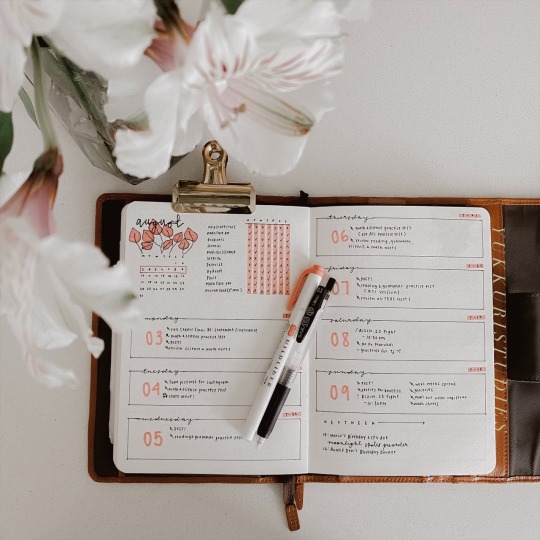


✨ I am not my mistakes
✨ I believe in the person I dream of becoming
✨ I am allowed to say “no” to others and “yes” to myself
✨ I am enough
2K notes
·
View notes
Text

i prefer my journal to be minimalistic but i got a bit carried away today. [inspired by Daniel Warren Johnson]
3K notes
·
View notes
Text
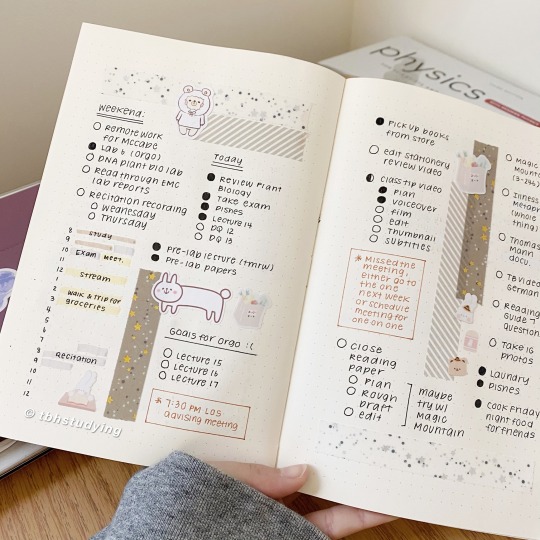
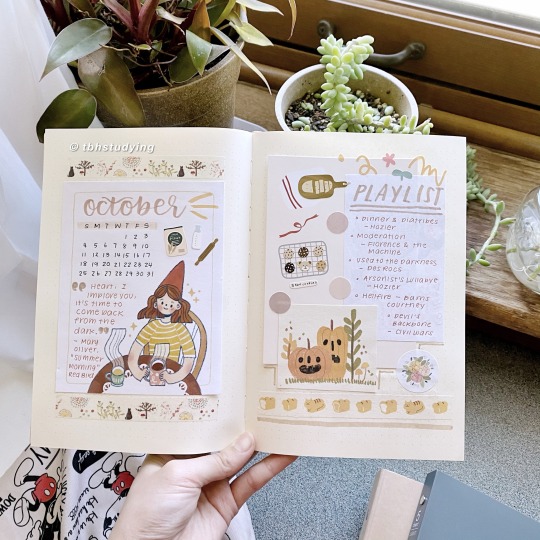
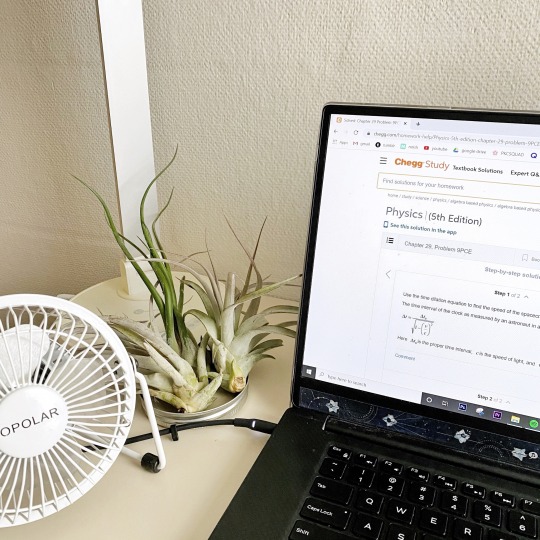
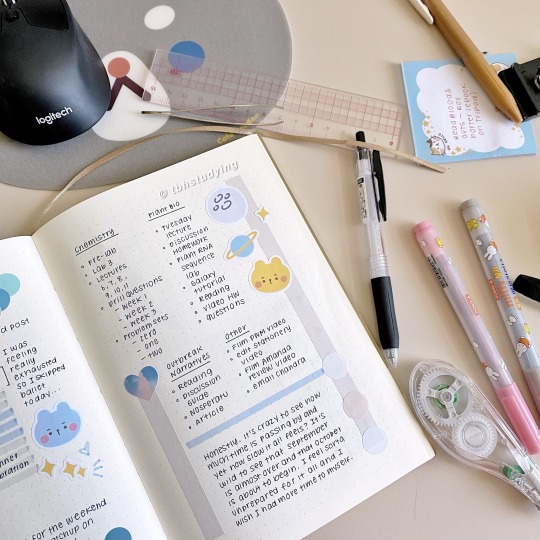
trying to focus more on health and balanced studying than constant productivity 24/7, but it’s a lot harder than it sounds 😪
4K notes
·
View notes
Text




hello, i'm back (hopefully) ✌🏻️😅
733 notes
·
View notes
Text
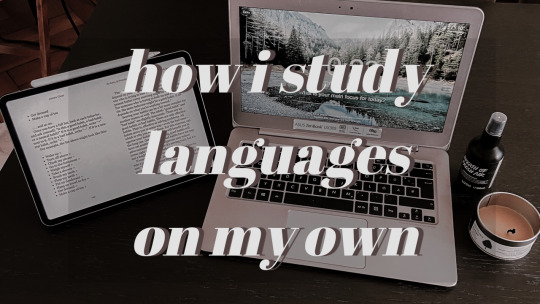
click here for my new video! i’m sharing some language learning study tips that i use to self-study languages at home, featuring apps, websites, podcasts and books that i really enjoy using!! hopefully this will be helpful and inspire some of you :) if you enjoy my videos, please leave a like/sub, that would be so appreciated!!
11K notes
·
View notes
Text
How I am making the best of my education!
I see lots of people asking how to be successful in college. I thought I’d make a post to throw everyone my 2 cents–though no one asked for it. It’s free money though. Who doesn’t want it?
1) Figure out your learning style. If you google VARK learning profile, there’s a great quiz you can take with study techniques based on your results. We actually use this quiz at the tutoring center at my college. You’d be surprised how many students come specifically for help figuring out how to study.
2) Keep a planner. Or a bullet journal. Or use google calendar. I even know someone who carries around a full size 18 month calendar folded up in her backpack (and she’s a professor). Just find something and WRITE EVERY SINGLE ASSIGNMENT DOWN IN IT. EVEN IF YOU THINK YOU’LL REMEMBER IT, THERE’S A CHANCE YOU WON’T. DON’T TAKE THAT CHANCE.
3) Try to make a personal timetable and stick to it! This kind of goes along with the planner point, but it is different. It takes lots of discipline to block off and actually study during study times, but you’ll be thanking yourself later when you’ve finished your homework and can actually get to bed at a reasonable hour. In addition to studying, homework, and classes; also block off time for eating, possible times for napping (if you take them), and extracurriculars. If you can’t find adequate time for things, maybe you should consider dropping a class or an activity for the semester.
4) Make a to-do list every day. I personally use sticky notes and stick them to the page of my planner. This helps me remember things that are school related, but also other things, like appointments, social gatherings, research stuff, and family events (since I live at home and commute to school). Yeah, it’s important to remember school stuff, but the other stuff you’ve gotta get done, like laundry and social time, is JUST AS IMPORTANT.
5) Don’t neglect your health! I cannot stress this point enough!! If you aren’t eating enough, sleeping enough, or spending enough time relaxing, you will burn out very very quickly. You think it won’t happen to you, but it will. I thought I was immune to burnout, but after a month of intermittent and inadequate sleep and nutrition–I really figured out that I was SO wrong. I ended up missing an entire day of class towards the end of the semester (plus missed a lab the next day because my professor sent me home) because I just couldn’t make myself do any more stuff. It could have been much worse, but I was lucky. I used those days to rest up and returned to my classes ready to finish out the semester strong. College is hard enough to do with no mental health conditions. If you have one, and even if you don’t, be extra sure that you are taking care of yourself. YOU come before EVERYTHING ELSE. Nothing is more important than you. If you have to, ask people to check up on you. Ask a friend to check in with you, or your RA, or even your parents. They won’t mind. Your RA really does want to help you.
6) Study smart, not hard. Sometimes, studying just isn’t worth it. If it’s been half an hour and you just CANNOT FOCUS and feel like you’ve learned nothing: go outside, do some homework, do some laundry, or even just switch the topic you’re studying. If you’re trying to study the right way and you can’t make yourself do it, just find something else productive to do. Come back in another 15 minutes and try again. It happens to all of us. Also, if you’re studying for hours at a time with no breaks, it leads to burnout super quick. I have friends who do that and I don’t understand why. They’re so miserable about studying. It doesn’t have to be terrible! If you take the 25 minutes on, 5 minutes off approach, studying becomes less terrible, because you know there’s an end in sight. Plus, the 5 minutes off gives your brain a little time to process what you’re learning. That said, try to study what you learned in class that day a few hours after class. Material is so much easier to learn this way! Don’t save it for the night before your exam. Cramming rarely helps. Don’t let other people fool you–studying doesn’t have to be something out of your worst nightmare.
7) Find professors who inspire you. I always love a subject more when the professor makes it exciting. Luckily in college, it’s a lot easier to find those kinds of teachers–those who genuinely love what they do. I never would have gotten interested in math without my stats professor (who actually taught me how to integrate, bless her heart), and my proofs professor, who basically let me live in her office last semester (i.e. I like doing my homework with help 5 feet away because I always have so many questions). Find the professors who want to help you. They exist.
8) Make connections with them! Show up to office hours. Ask them questions you had from lecture. If it’s not a rushed, busy time for them, ask how they got interested in their subject; ask them about what they study–they’ll totally explain it to you like you’re a 5 year old, so don’t worry. In my experience, I have found that professors really like to connect with students. Maybe I’ve just been really lucky. Making connections is easier to do at a smaller school, or within a smaller major–but you never know what will come out of a few questions! Maybe you’ll find a research advisor, or someone you could TA for. I am friendly (and even friends) with so many of my professors just because I’m a curious person. I ask them questions about their experiences in academia, and just general stuff (believe it or not, the decorations they have in their office often lead to some cool conversations). In turn, they’re usually curious about me too. They ask me about what I’m interested in, if I need a reference letter for anything, and even just about my life in general. I know I can ask them for advice on applying to grad school, any problems I’m having with lecture material, and sometimes even general advice. For me, it’s just comforting to know that I have some people on my side who have been through college (especially if you’re like me and 17 or 18, fresh out of high school). Also, they know what you should do if you accidentally miss a final exam (like I did my first semester).
9) This is for all my math, science, tech, and engineering people out there–and people taking those classes! It also applies to other majors to maybe not as great an extent. Don’t get frustrated if you come across a problem you can’t solve. If you can’t figure it out and have spent a chunk of time on it, move on and go back to it at the end. If you still can’t quite get it, try to go to office hours for help! You are not stupid for not being able to arrive at an answer. When you can’t figure something out, you might just be missing the most crucial piece of the puzzle you need to solve it! Don’t think “Wow I’m such an idiot” (don’t be like me basically), think “what am I missing here?” Think about it. See if you arrive at any conclusions. If not, go find someone to help you. If you find that you’re struggling with a majority of the questions, consider getting a tutor. Tutoring should be offered by your school for either very little or no charge at all. Take advantage! Tutors don’t know everything, but they sure can get your thought process on the right track! I’m a tutor and believe me–it really does help.
10) Find study buddies! My study buddies have become my best friends. We all share a love of biology, and it really brings us together. We love hiking together, and commiserating when it feels necessary. Plus, we make studying fun! If you have trouble making friends (I know I really struggle), start a study group. It’s really a great way to make connections with other people in your major, or even people outside your major.
I hope this helps! Good luck in the fall to any of you kids who are just starting college–and happy studying!
4K notes
·
View notes
Text
Resume Basics
having a strong resume is crucial for job applications, scholarship applications, college, etc. it is a sales tool and, ultimately, the first impression an employer/application reviewer will have of you. therefore, you need to make it interesting and impressive. below, i have listed a few tips and need-to-knows to help you build your resume. keep in mind that this list is geared toward industry jobs. while the information is still useful, it may be less relevant for those applying to digital marketing/design jobs.
General
make different versions of your resume. by this i mean, have a master resume that lists everything. then, from that master resume, make specific resumes for each opportunity you are applying for.
in high school/university, it is usually best to keep your resume to one page. unless you have done substantial work and are capable of filling up two pages, it is best to keep it short and concise.
always review your resume before submitting !! it is crucial that your resume does not include any typos
Formatting
keep your formatting consistent throughout your entire resume
use 11-12 point font, your name/headers should be no bigger than 14 point font
have a 1 inch margin all around your resume
do not include decorations (unless you are applying to a digital marketing/design job where aesthetics matter !!)
keep your font selection professional. my personal favorites are times new roman, garamond, and helvetica.
do not use caps unless it is for headers/titles (but even then, use caps at your own discretion)
Sections/Components to Include
name & contact info (phone number, email)
summary/3-5 second snapshot of your greatest accomplishments
job/internship/related experience
publications & speeches
awards & recognitions
memberships & affiliations
certifications
language skills
special/technical skills
extracurricular activities
Synonyms/Power Words
instead of “new,” use “unusual” or “innovative”
instead of “improved,” use “better” or “faster”
assessed/measured/quantified
conducted/performed/undertook
created/designed/developed
optimized/maximized
increased/reduced
spearheaded/led/directed
~~~
please let me know if you found this helpful !! i would love to post more comprehensive tips on cover letters, interviews, networking, developing your linkedin, etc.
5K notes
·
View notes



